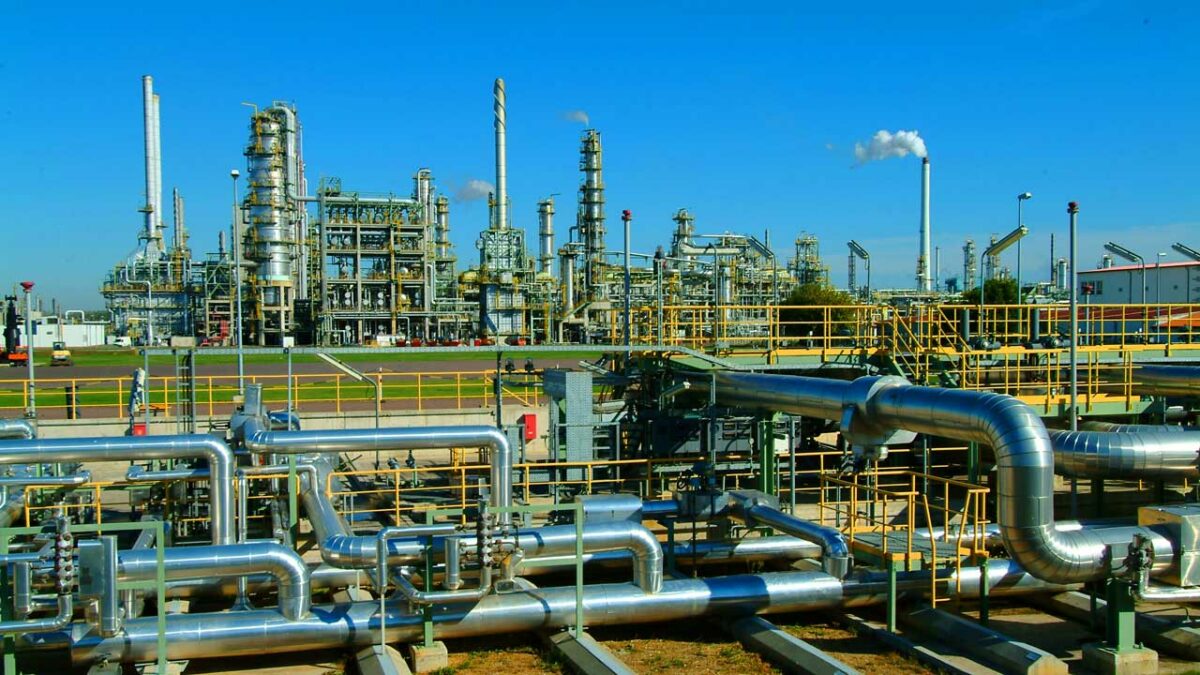The Nigerian National Petroleum Company Limited (NNPCL) has officially commenced the supply of crude oil for the test-run of the Port Harcourt Refining Company Limited, as confirmed by NNPCL officials on Sunday. Oil marketers have corroborated this development, indicating that the refinery will supply refined products, including Premium Motor Spirit (petrol) and Automotive Gas Oil (diesel), to 12 states, such as Abia, Rivers, Akwa Ibom, and Delta.
The ongoing test-run is expected to be completed shortly, paving the way for the commencement of commercial production of refined products. The first phase of the Port Harcourt Refinery’s rehabilitation was completed on December 20, 2023, with plans to refine 60,000 barrels of crude oil daily after the Christmas break.
Senator Heineken Lokpobiri, the Minister of State for Petroleum Resources (Oil), announced the mechanical completion of the refinery’s Area-5 Plant, expressing gratitude for Nigerians’ patience and trust in the rehabilitation process.
When contacted, the Chief Corporate Communications Officer of NNPCL, Olufemi Soneye, stated that the refinery is currently in the testing phase, adhering to international best practices. He assured Nigerians that commercial production would commence shortly after the conclusion of the testing phase, emphasizing the importance of global standards.
Billy Gillis-Harry, President of the Petroleum Products Retail Outlets Owners Association of Nigeria, confirmed the receipt of crude oil by the refinery, highlighting that testing is ongoing. He expressed optimism about the refinery’s potential to serve about 12 states, emphasizing its positive impact on petroleum product availability and the reduction of foreign exchange depletion.
The NNPCL outlined that the second phase of the refinery’s rehabilitation is set to be completed in the fourth quarter of 2024, increasing the crude refining capacity to 150,000 barrels per day.
Oil marketers and experts anticipate a reduction in the cost of refined products with the commencement of operations at the Port Harcourt and Dangote refineries. However, they note that the reduction may not result in a massive price crash immediately.
The Nigeria Labour Congress (NLC) criticized the Federal Government for its failure to fulfill promises, including the timely commencement of the Port Harcourt refinery. The NLC emphasized the importance of faithfully implementing agreements, such as the minimum wage award, and urged the government to act responsibly in its debt activities.
In summary, the Port Harcourt Refinery’s test-run signifies a significant milestone in Nigeria’s efforts to enhance local refining capacity and reduce dependency on imported petroleum products. The completion of the rehabilitation phase is expected to contribute to the availability and affordability of refined products in the country.


